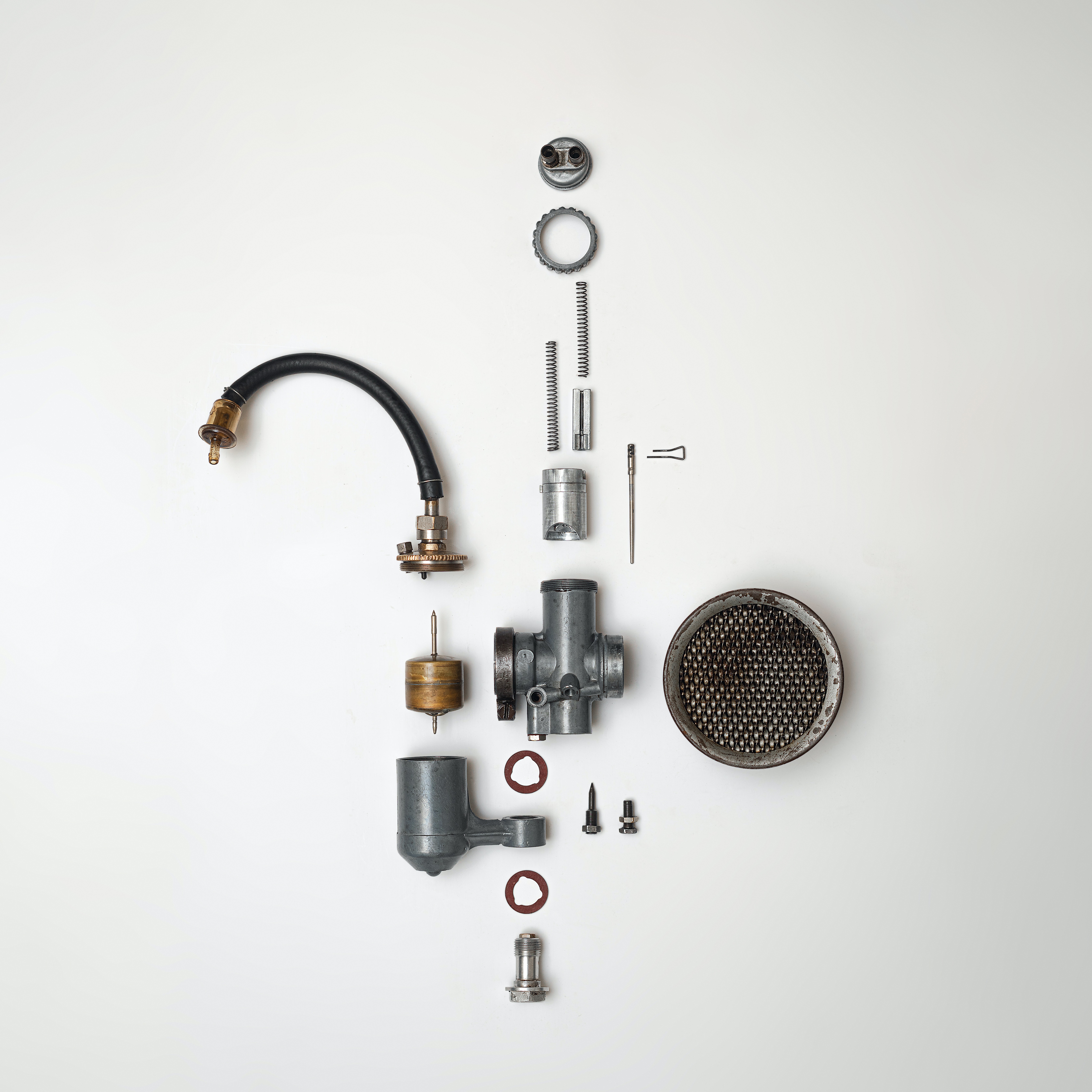Client
A South East Asia-based large automobile spare parts and components manufacturer.
Opportunity
As a first step in the procurement process, the client had to prepare quotes for new customers looking to purchase components. However, the client was not able to determine whether the quote would be accepted or rejected, and what could be done to increase the probability of acceptance.
Solution
- The SG Analytics team created a quote prescription system that would predict if a given quote would be accepted or rejected by the customer. If a quote does not get accepted, the model would suggest parameters, which, if changed, would increase the likelihood of selection.
- SG Analytics used a random forest algorithm to predict whether a generated quote could be selected or not.
- If a quote does not get accepted, the SGA team tweaked parameters such as discount, warranty, and delivery time using GLM (discount & delivery time), CART (decision trees), and warranty (number of services in warranty) based on type of customers.
- The SG Analytics team used cross-validation to avoid overfitting.
- SG Analytics used the K-means clustering algorithm to determine customer type and divide them into eight clusters.
- SG Analytics wrote back the results into SQL to create data visualization in QlikView, and also used them in model retraining.
Tools Used
Value Delivered
- Created a model that could predict the outcome of a quote with 86?curacy.
- Increased the win rate by 23% and reduced the time of deal closure.

